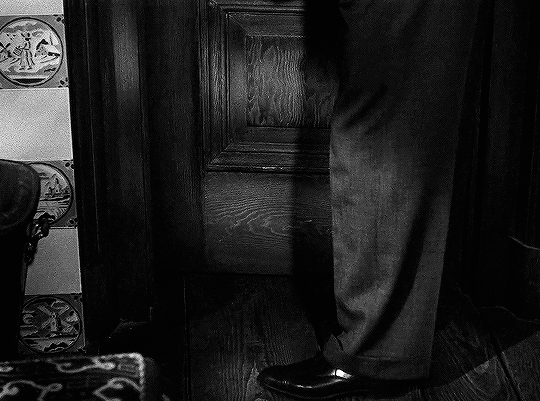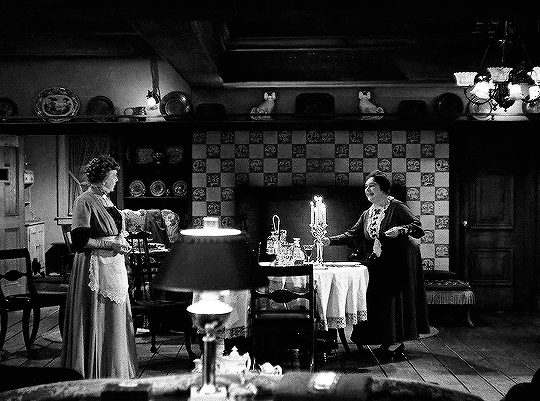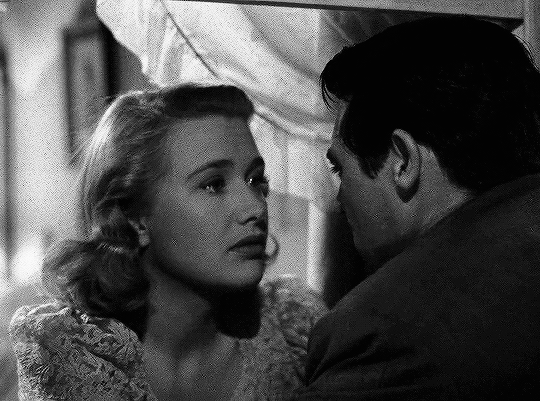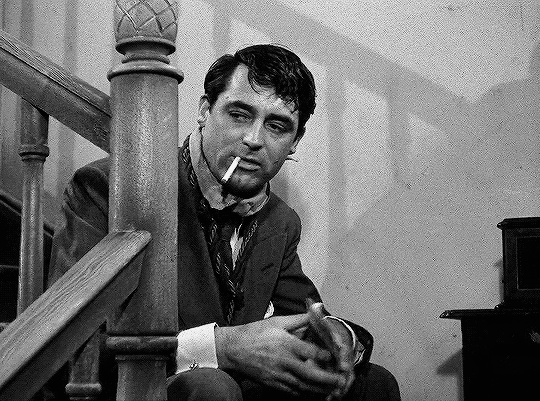Katz / they / 2000the tide is high on fourteenth street
Don't wanna be here? Send us removal request.
Text

Ghostwater. Lindsay Olson. Quilting cotton, DMC threads.
"Inspired by the Cahokia vessels excavated from Illinois archaeological sites, my project draws inspiration from the physical remains of the ancient Mississippian culture. The concept of geology as a "vessel" that contains and sustains our groundwater serves as the central metaphor of this project. Through this project, I aim to highlight the personal and collective responsibility we bear in preserving this precious and limited resource for generations to come."
16 notes
·
View notes
Text

Have A Seat by the Center for Land Use Interpretation.
5 notes
·
View notes
Text

Soda straws (Lechuguilla Cave, New Mexico, USA)
"Seen here are exceptionally long soda straws, a type of stalactite - they appear to be composed of travertine (CaCO3, calcium carbonate). Soda straws are slender, cylindrical to subcylindrical dripstone speleothem attached to cave ceilings or upper walls. They have a hollow interior and form by dripping water."
14 notes
·
View notes
Text

Elephant ivory tusk (public display, Warther Museum, Dover, Ohio, USA)
19 notes
·
View notes
Text
A bread is one of the most vulnerable animals on earth of all time. It can die in a number of different ways, which include being smashed, being old, being rottened, being crumpled up, getting too hot, having water put on it, and having water not on it but being in the air a lot (the water (mist)). The bread’s favorite way to die is being eaten, but the world is a complicated place, and it does not care for what the bread wants, and so it dies in a variety of ways which are not the preference of the bread.
Humans are considered the bread’s natural predator, and also, are the bread’s mommy (make/give birth to the bread). Humans are a large species of ant or plant or ele phant with two grasping appendages which they use to give birth to the bread. They also have one hole which eats the bread, and some other holes, which the bread is not allowed near, generally.
Some bread can go in the fridge. Some bread has fruit in it. Scientists don’t know why, as putting fruit in the bread is considered yucky, and scientists have difficulty imagining an organism that likes yucky things.
There is the anteater, which is an organism that likes yucky things, but scientists do not need to imagine it, because it is real.
27K notes
·
View notes
Text

working on early horses, i wanted to do a quick sketch to show how small Eohippus was compared to an extant horse (this one is about 150cm tall). as you can see, it wasn't big at all. a perfect little lap horse :)
11K notes
·
View notes
Text

Equus caballus, Shetland pony, skeletal limb. National Museums Scotland.
75 notes
·
View notes
Photo








Arsenic and Old Lace (1944) dir. Frank Capra
2K notes
·
View notes
Text

Chaeropus ecaudatus, Pig-footed Bandicoot, skull. Registration no. C 470.
34 notes
·
View notes
Text
that racehorse girl anime is insane btw. what if the livestock we breed for gambling were neotenous and fuckable.
6 notes
·
View notes
Text

Xenophora solaris (Linnaeus, 1764) - sunburst carrier snail. (umbilical view) (public display, Bailey-Matthews Shell Museum, Sanibel Island, Florida, USA)
516 notes
·
View notes







